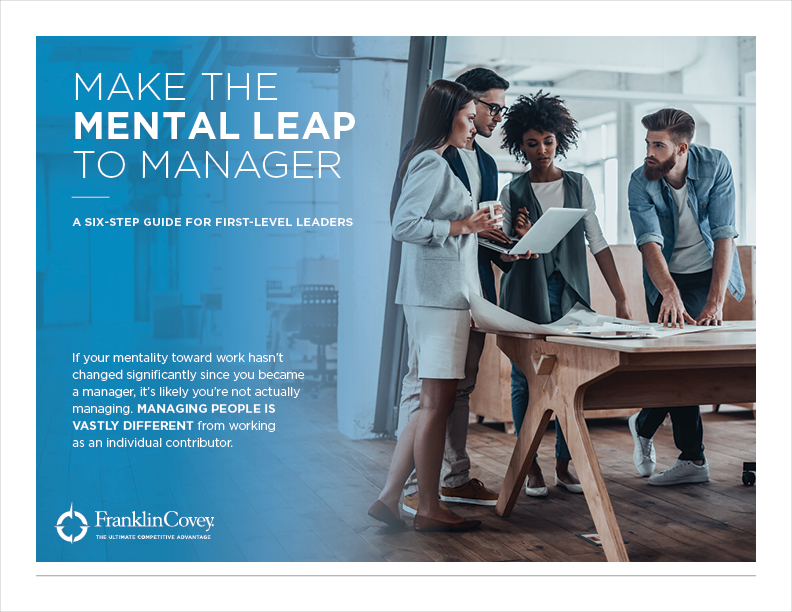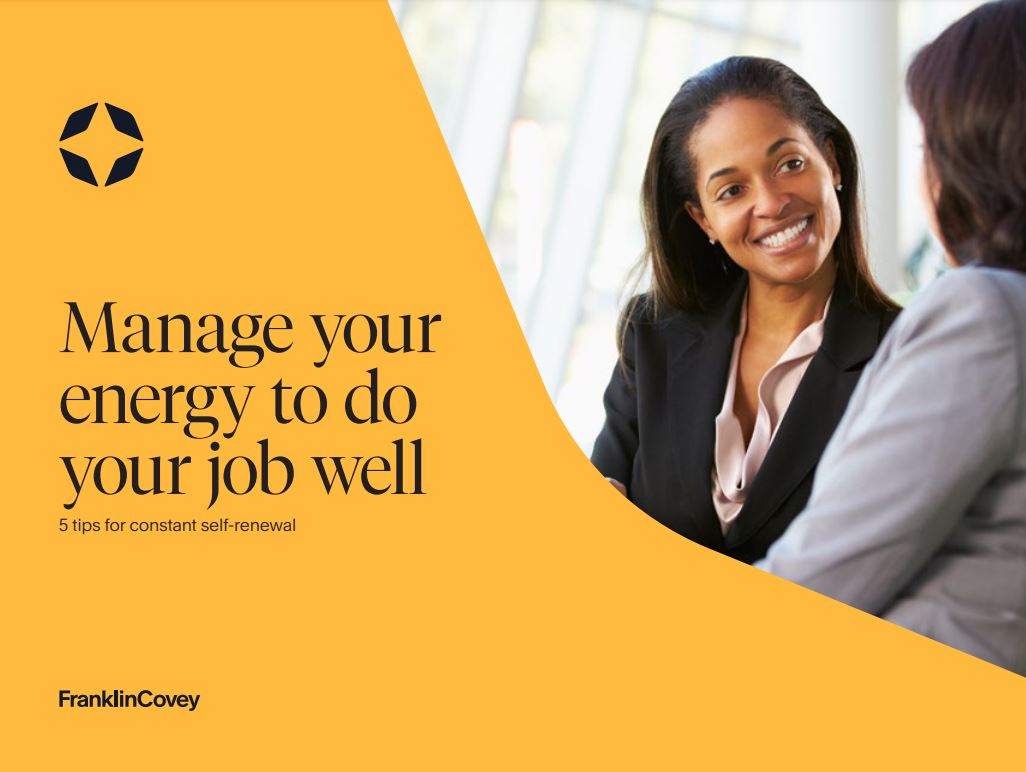
Manage Your Energy to Do Your Job Well
FREE GUIDE
Most high-achieving professionals care deeply about their work. They feel a strong sense of responsibility for people and projects and tend to neglect their own needs, especially in stressful times or when you need to adapt to change. If you fit that description, you may be on the path to burnout.
To identify areas where you're putting yourself at risk, answer the questions in our guide, then choose one good self-care habit you can start practicing this week.
-

Please fill out the form to receive our free guide via email.
-
-
Every day, your leaders and your workforce are faced with countless bits of information while making decisions that range from the pragmatic to the strategic. As they confront more and more information—requiring them to act quickly while considering varying perspectives—they are primed to rely on biased thinking.
Why? Because unconscious biases are shortcuts that help our brains compensate for overload. This affects how we make decisions, engage with others, and respond to various situations and circumstances, often limiting potential, inhibiting performance, and leading to poor decision-making.
You may be new to the topic of unconscious bias, or perhaps you already have a training initiative underway inside your organization. Regardless of your knowledge level, these complimentary resources will help as you create a workplace of inclusion and engagement.

